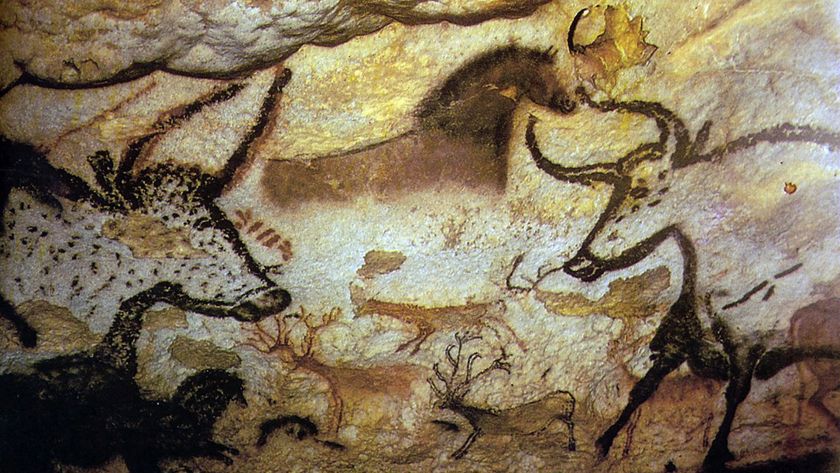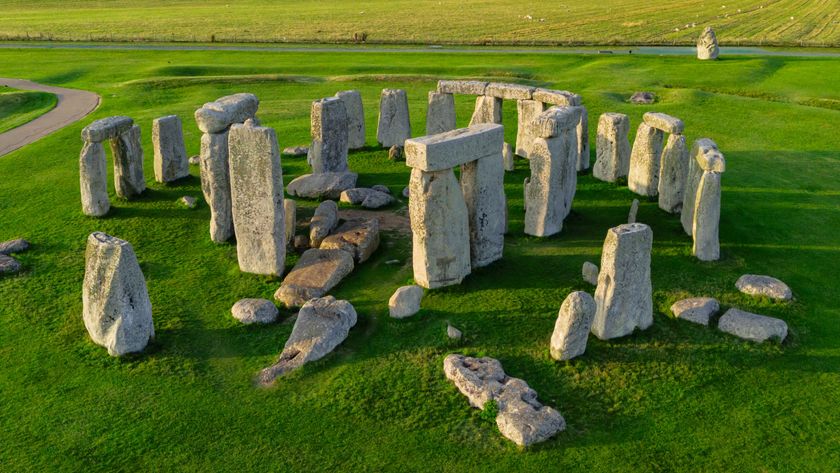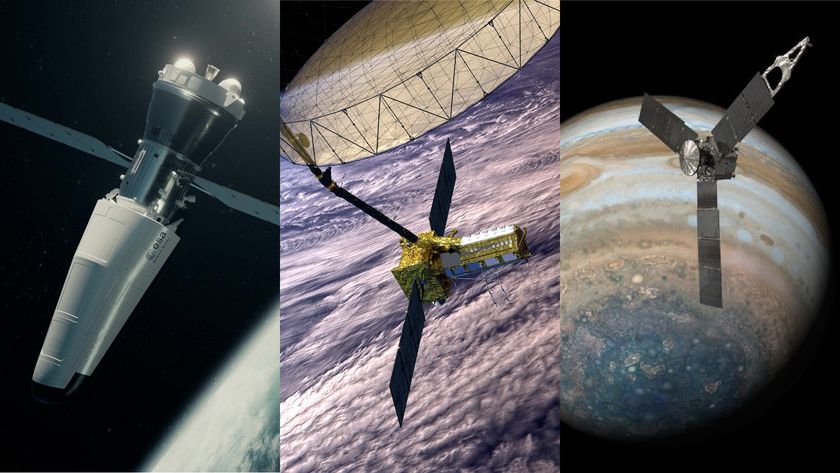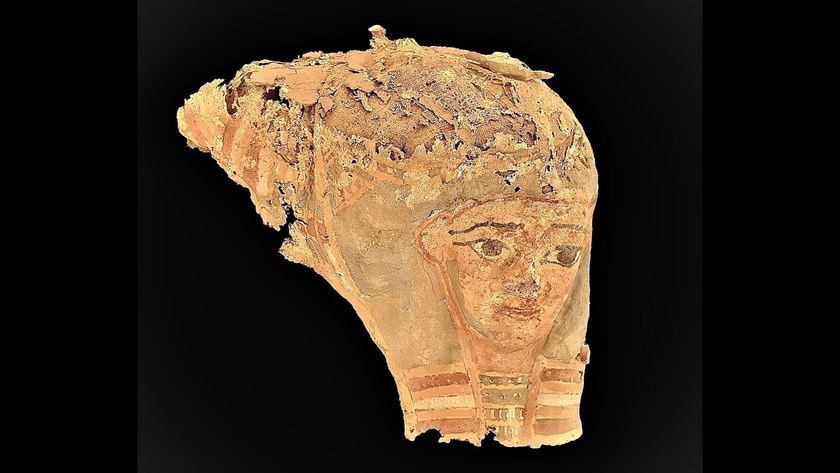2018's Science Superlatives: The Biggest, Oldest, Smelliest and Cutest
World's oldest intact shipwreck

More than 2,400 years ago, a Greek vessel sank to the bottom of the Black Sea. This year, archaeologists discovered that it sits there still.
The shipwreck is beautifully preserved 1.2 miles (2 km) down, with an intact hull, mast and prow. The ship's wood has survived more than 2 millennia because of the unusual composition of the Black Sea. The sea is fed by freshwater from land, but drains very poorly through one small connection to the Mediterranean. As a result, the freshwater floats on top of a layer of oxygen-poor, briny water that is foreboding to microbes. With few microbes to chow down on wood, shipwrecks stay remarkably intact. The Greek vessel is similar to one painted on a vase in the collection of the British Museum, which shows the hero Odysseus lashing himself to his ship's mast to resist the song of the deadly sirens. [Read more about the oldest intact shipwreck]
The least believable finding of the year

The lost city of Atlantis is the subject of many a myth and legend. Even Plato's original writings about the wealthy town destroyed by the gods may have been an allegory.
But that doesn't stop people from periodically "discovering" the lost island. It happened again in November, when a U.K.-based satellite archaeology company claimed to have found Atlantis near the Strait of Gibraltar. Archaeologists were instantly dismissive, pointing out that the ruins the company pinpointed are in a known maritime trading hotspot, and have no particular link to any Atlantis myth.
"Bless their hearts — if they're correct about this, that would be awesome," Ken Feder, a professor of anthropology at Central Connecticut State University, told Live Science. "But here's my problem: As an archaeologist, I know that I always need to be in the company of my bullshit detector. And these guys, they have done just about everything they possibly can to set off my bullshit detector." [Read more about the Atlantis 'discovery']
The smelliest finding of the year
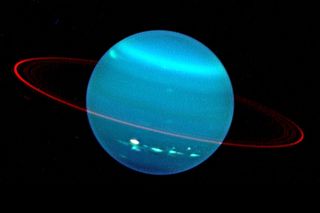
April 23, 2018, will go down in history as a wonderful day for headline writers. That's the day that scientists announced an important new finding: Uranus stinks.
Yep, the planet with the most giggle-worthy name also happens to smell terrible, according to a study on Uranus' upper atmosphere. Using an extra-sensitive telescope on Hawaii's Mauna Kea volcano, scientists found that the upper atmosphere of Uranus is rich in hydrogen sulfide, which smells like rotten eggs. No human could ever live to take a whiff, though, study co-author Patrick Irwin, a professor of planetary physics at the University of Oxford, said in a statement.
"Suffocation and exposure in the negative 200 degrees Celsius [minus 328 degrees Fahrenheit] atmosphere made of mostly hydrogen, helium and methane would take its toll long before the smell," Irwin said. [Read more about how smelly Uranus is]
Sign up for the Live Science daily newsletter now
Get the world’s most fascinating discoveries delivered straight to your inbox.

Stephanie Pappas is a contributing writer for Live Science, covering topics ranging from geoscience to archaeology to the human brain and behavior. She was previously a senior writer for Live Science but is now a freelancer based in Denver, Colorado, and regularly contributes to Scientific American and The Monitor, the monthly magazine of the American Psychological Association. Stephanie received a bachelor's degree in psychology from the University of South Carolina and a graduate certificate in science communication from the University of California, Santa Cruz.




